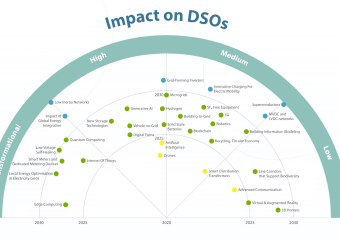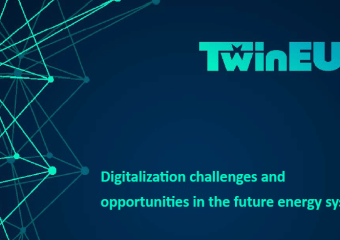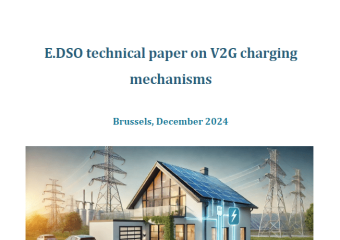System flexibility – EDSO views ahead of retail energy market communication
May 5th 2014, Brussels – European Distribution System Operators for Smart Grids (EDSO) welcomes the European Commission’s public consultation on the retail energy market and commends the renewed attention to electricity distribution. In this context and ahead of the European Commission’s Communication on the Retail Energy Market, expected in July 2014, EDSO is emphasising the need for flexibility and how this should be managed to create a well-functioning retail market.
Based on the EU energy and climate policy objectives and the deregulation and integration of the EU energy markets, a more dynamic and distributed energy system with the consumer in focus is replacing the traditional static and centralised system. The renewables target, in particular, is a strong driver for change in the planning and operation of electricity networks, creating a strong need for flexibility.European distribution system operators (DSOs) are at the core of this transition, connecting solar panels and wind turbines, managing the grid and empowering consumers to take a more active part in the energy system. Being a neutral and regulated entity, separated from market activities such as energy generation and retail, the DSO will play a pivotal market facilitating role for an efficient and competitive retail electricity market, at the same time maintaining security of supply and quality of service.
Beyond the European Commission’s online questionnaire, EDSO produced a supplementary paperexpanding its views on specific DSO-related survey questions and has further detailed, in a separate report, the outlook of DSOs in an area of specific importance for a well-functioning retail market: what EDSO has termed “system flexibility services”.
The EDSO report on flexibility makes a distinction between flexibility services used for commercial purposes and system flexibility services, clarifying why the DSO must be eligible to procure these services for optimal, stable and cost-efficient network management.
Papers






